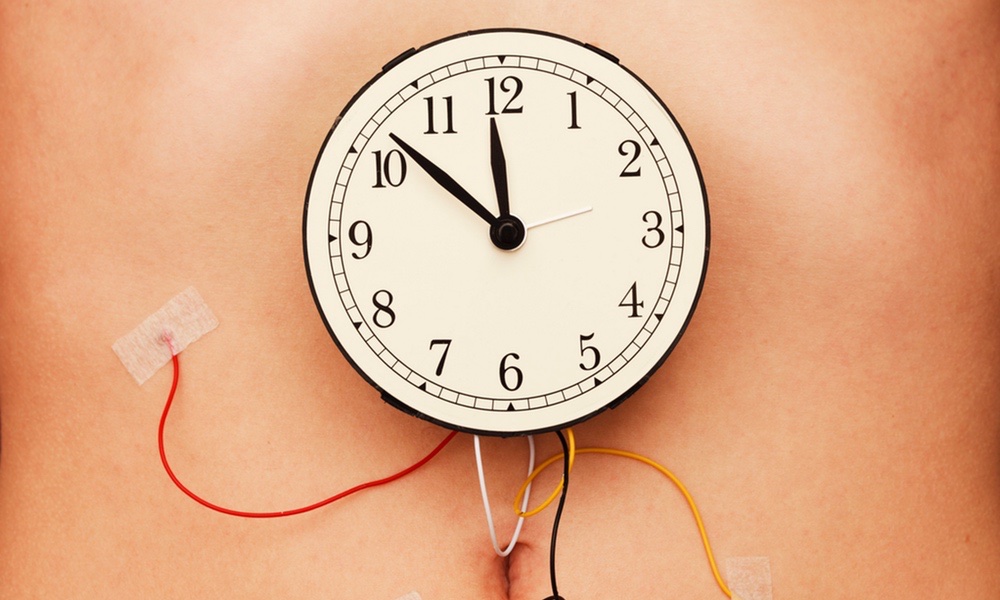Cardiovascular diseases are the leading cause of death around the world, and nearly two thirds of heart problems are because of our diets. It's not only what we eat — though highly processed foods and sugary snacks are major contributors to heart disease — or how much we consume in often over-sized portions.
The timing of our meals can also set us up for cardiac issues or help prevent them. A recent French study offers a European take on the idea that eating earlier helps your heart.
The study, led by scientists from INRAE — France's National Research Institute for Agriculture, Food and Environment — found that eating our first and last meal earlier in the day can help prevent heart disease. Specifically, eating breakfast before 8 am and dinner before 9 pm was connected to better heart health.
Women were more significantly affected by the time they ate than the men in the study.
The research team analyzed data from over 103,000 adults with a median age of 42 who were part of the NutriNet-Santé study, a large, French, web-based cohort study designed to provide information on the relationship between health and nutrition. Medical records were also obtained through the UK Biobank database which provided information on the number of times an individual ate over 24-hours.Early eating aligns with our natural circadian rhythm, the 24-hour biological clock that affects many aspects of overall health.
During the study period, which covered an average of seven years, there were 2,036 recorded cases of cardiovascular disease which included strokes, transient ischemic attacks (TIAs), myocardial infarctions and other heart issues.
Having a first meal later in the day (or skipping breakfast altogether) was associated with a 6 percent increase in cardiovascular risk per hour delay, the study found. In other words, if a person eats for the first time at 9 am they're 6 percent more likely to develop cardiovascular disease than someone who eats at 8 am.
It's even worse when it comes to the last meal of the day. Eating late — after 9 pm. — was associated with a 28 percent increase in the risk of cerebrovascular diseases such as stroke, compared with eating before 8 pm. This is also particularly true for women.
“These new findings suggest that adopting earlier daily eating patterns may be beneficial for cardiovascular prevention,” the authors say, but what if you're someone who doesn't have an appetite for eating first thing in the morning? You can change your body's clock slowly over time. Build up an appetite earlier in the day by going for a brisk walk or doing push-ups or begin developing an early breakfast habit gradually, by eating a small meal such as a hard-boiled egg or a banana, until you have a taste for a heartier, earlier breakfast.
The study is published in Nature Communications.





